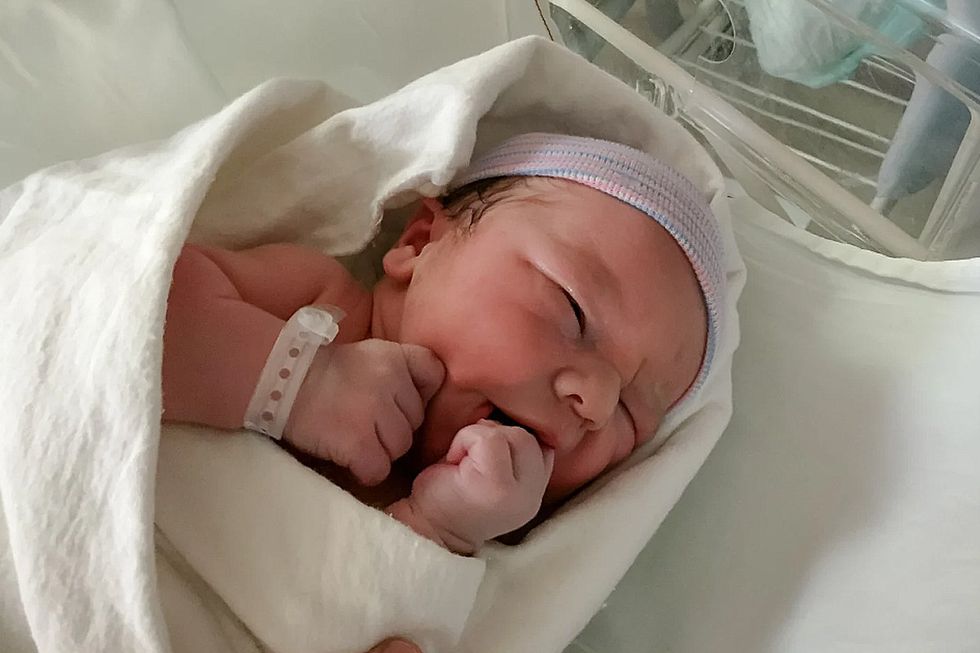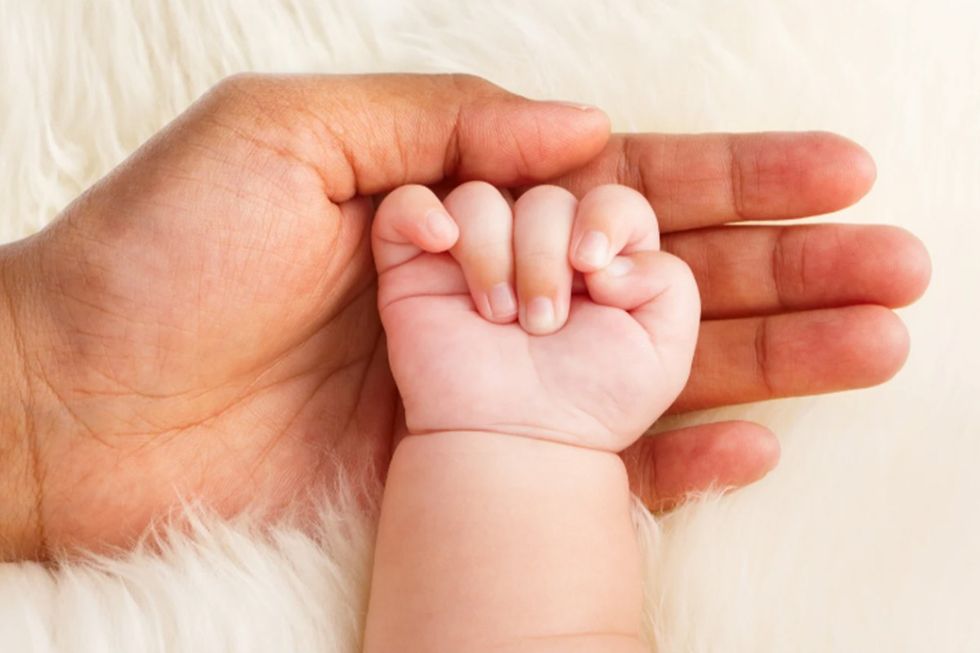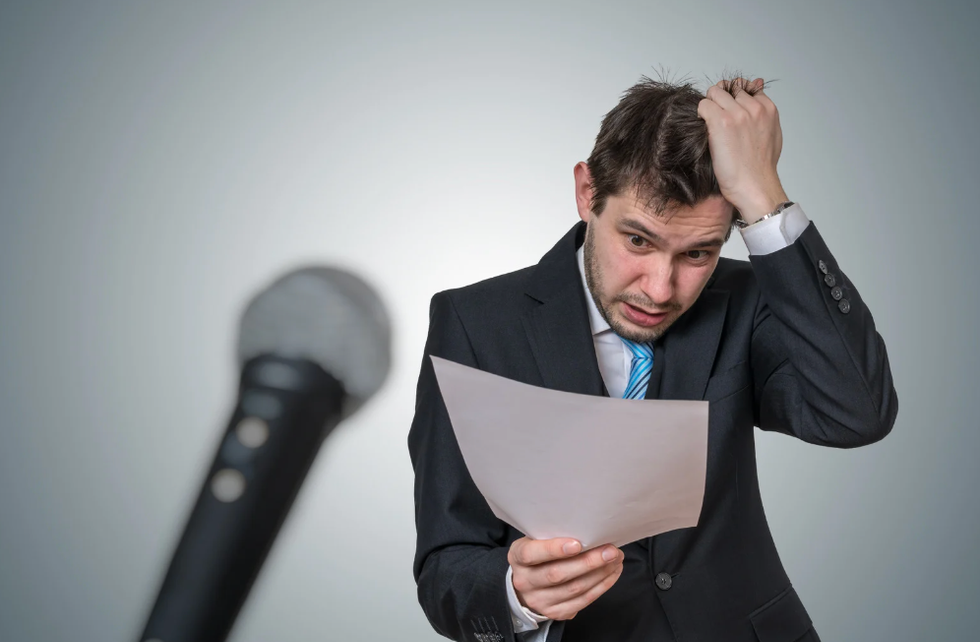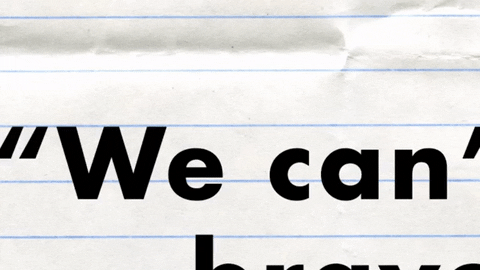Each year, GOOD celebrates 100 people from around the globe who are improving our world in creative and innovative ways—advocates, inventors, educators, creatives, business leaders and more who are speaking up, building things, campaigning for change, and ultimately refusing to accept the status quo.
In this section, meet 13 problem-solvers who are monitoring, preserving, and restoring our planet and its precious resources.
Four Innovators Changing the Food Industry
Emeryville
Matthew Dillon, director of Clif Bar’s Seed Matters initiative, is waging a David-vs.-Goliath battle against the agrochemical-infested seed industry by lobbying for organic-friendly legislation and funding organic plant-breeding research.
London
Saasha Celestial-One sees wasted food as the result of an inefficient market. Her OLIO app launches this spring across the United Kingdom, connecting neighbors and businesses looking to buy, sell, or share surplus food.
Utrecht
Former TED Prize Director Amy Novogratz co-founded Dutch investment fund Aqua-Spark to support environmentally friendly aquacultural food systems. Investments include natural fishmeal alternatives, internet-connected fish-feeding, and sustainable fish-farming in Mozambique.
Lima
Peruvian chef Pedro Miguel Schiaffino’s restaurants Malabar and Ámaz celebrate Amazonian ingredients sourced from indigenous farmers and fishermen. Recently, Schiaffino took his gastronomic advocacy further, bringing together experts to map the Amazonian food-supply chain.
Lizette Kriel Plugs Into Green Energy
Johannesburg
Lizette Kriel’s company Freedom Won converts gas-powered vehicles to electric and sells lithium-ion battery units. Due to frequent rolling blackouts, stable electricity is lacking in South Africa, and the batteries offer a smart way to supplement dicey power or, when paired with solar panels, go completely off-grid. Or if you’re looking to convert a 4x4 game vehicle, truck, riverboat, even a mini bus—Kriel’s team has you covered.
Kevin France’s AirBnB for Water
Denver
When Kevin France first pitched his idea for SWIIM—software to allow farmers, ranchers, municipalities, businesses, and conservation groups to lease and transfer unused water rights in real time—prospective investors laughed. Five years later, the platform is preparing to launch throughout California and is drawing interest from drought-stricken nations around the world.
Edwin Kaduki Brings Solar Power to the People
Nairobi
As head of technology at solar power supplier M-KOPA, Edwin Kaduki develops systems that allow low-income customers across East Africa to access clean energy through a simple pay-as-you-go scheme that’s cheaper than burning kerosene. Since its commercial launch in 2012, the company has connected more than 280,000 homes in Kenya, Tanzania, and Uganda to solar power, adding over 500 new homes a day.
Dr. Achala Abeysinghe is a Climate Change Crusader
Edinburgh
As principal researcher of the Climate Change Group at the International Institute for Environment and Development, Dr. Achala Abeysinghe studies legal issues in international climate change negotiations. The Sri Lankan native also represented the U.N.’s Least Developed Countries Group at last year’s COP21 meeting in Paris, advocating for equity in climate change issues for the world’s 48 most vulnerable countries.
Sean DeWitt Restocks Africa’s Greenery
Washington, D.C.
Sean DeWitt, director of the World Resources Institute’s Global Restoration Initiative, is the lead partner for one of the quieter revolutions that emerged from last December’s U.N. Climate Change Conference. The $1.6 billion African Forest Landscape Restoration Initiative plans by 2030 to restore 100 million hectares of forest across Africa, which suffers deforestation at twice the rate of any other continent.
Lian Pin Koh Spies On Tropical Environments
Adelaide
Since Singaporean ecologist Lian Pin Koh and Dutch biologist Serge Wich visited Indonesia in 2012 to field test their prototype of a low-cost, unmanned aerial vehicle, the duo’s nonprofit, Conservation Drones, has grown into a global community that supports UAV-aided conservation in tropical developing nations. Koh and his team hope to continue adapting new technologies for the environmental surveillance sector, while raising awareness of the effects of land-use conflicts and modern-day threats to the ecosystem and wildlife—and hopefully turning that research into actionable information for policymakers.
Lauren Fletcher’s Green-Thumb Drones
Oxford
To counter industrial-scale deforestation, BioCarbon Engineering CEO Lauren Fletcher’s team has an industrial solution: unmanned aerial vehicles that map topography and autonomously plant seed pods at 10 times the rate and 15 percent the cost of traditional reforestation methods. The company starts planting trials this year in Brazil, South Africa, and the United Kingdom.
Anna Cummins Gives the Boot to Microbeads
Santa Monica
When Cummins founded marine research nonprofit 5 Gyres with her husband in 2009, she wanted to study the five subtropical gyres—rotating vortexes of ocean currents—where plastic pollution concentrates. Five years and 17 research expeditions later, Cummins’s team published the first-ever global estimate of oceanic plastic pollution: 5.25 trillion particles weighing 268,940 tons. Armed with hard data, 5 Gyres spent last year pushing a measure to ban environmentally hazardous microbeads. Used in cosmetic and health care products, the tiny plastic beads end up in rivers and oceans. The U.S. Senate approved the measure last December.
Bas van Abel’s Phone is the Fairest of Them All
Utrecht
Bas van Abel had a simple idea: tech products that prioritize ethics. The Dutch designer launched Fairphone in 2011, keen on developing a smartphone with a sustainable life cycle that was manufactured in fair working conditions. The company’s second model, which ships this spring, is built with minerals from conflict-free mines in the Congo and Fair Trade gold. It’s assembled at a facility in Suzhou, China, where Fairphone is advocating for better worker representation and funding employee welfare proposals. Fairphone 2 is also modular, allowing customers to extend product life by replacing a broken screen or dead battery rather than the whole hog.
















 Representative Image: It take a special kind of heart to make room for a seventh child
Representative Image: It take a special kind of heart to make room for a seventh child  Representative Image: It take a special kind of heart to make room for a seventh child
Representative Image: It take a special kind of heart to make room for a seventh child 
 Visualization of a black holeImage via Canva
Visualization of a black holeImage via Canva

 Speaking in public is still one the most common fears among people.Photo credit: Canva
Speaking in public is still one the most common fears among people.Photo credit: Canva muhammad ali quote GIF by SoulPancake
muhammad ali quote GIF by SoulPancake

 Let us all bow before Gary, the Internet's most adventurous feline. Photo credit: James Eastham
Let us all bow before Gary, the Internet's most adventurous feline. Photo credit: James Eastham Gary the Cat enjoys some paddling. Photo credit: James Eastham
Gary the Cat enjoys some paddling. Photo credit: James Eastham James and Gary chat with Ryan Reed and Tony Photo credit: Ryan Reed
James and Gary chat with Ryan Reed and Tony Photo credit: Ryan Reed